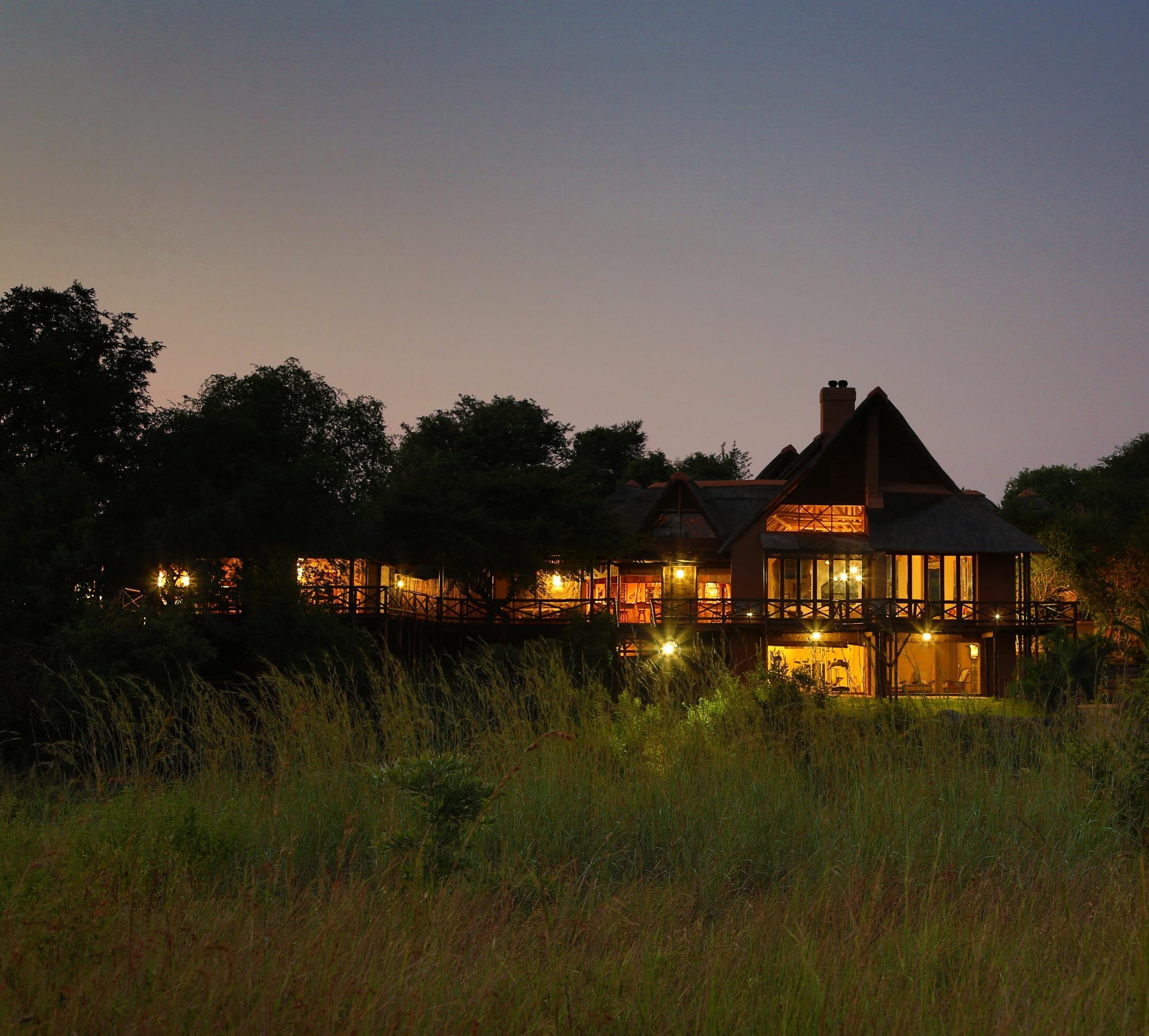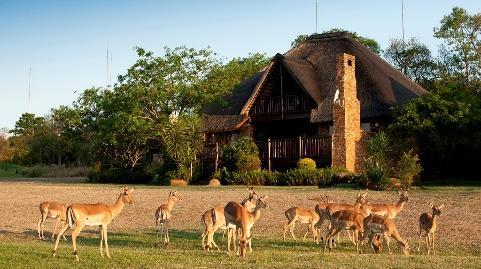
4 minute read
SA’s OFFICIAL LANGUAGES
outh Africa’s constitution protects the rights of every major culture that forms a part of its Rainbow Nation. Every language accompanying these cultures has been declared as an official language, all of which make up the 11 languages that are recognised today. S
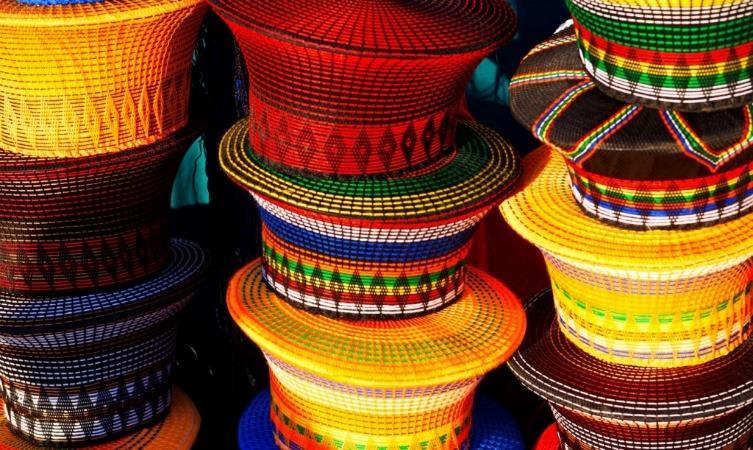
Advertisement
Tshivenda
Famous speakers of this language include the President of South Africa, Cyril Ramaphosa. It was only recognised as a royal house in 2010, naming a male descendant as their current king. Princess Masindi Mphephu contested this decision, declaring herself the rightful monarch as the king’s niece, but was overruled.
Try: Ndo takala ro divhana = Pleased to meet you Try: Goeie môre = Good morning
Setswana
These tribes were known for their crafts and skilled leather work, while some of their pottery, known as “Icon” to art historians, dates back to between 1300 and 1500 AD. The first entirely translated work in the Tswana language was by British missionary Robert Moffat in 1857.
Try: o bua Setswana = You speak Setswana
isiXhosa
A tonal language, like many of the 11 languages, Xhosa relies heavily on nouns and is known for the clicking sound that is so easily produced by its speakers. The language is largely spoken in the Eastern and Western Cape where these tribes settled. President Nelson Mandela was a Xhosa speaker and a member of the Xhosa tribe.
Try: Vuyiswa! = Congratulations
isiZulu
The Zulu culture dates back to a royal line from the 16th century, made known to the world by one of its most feared chiefs, King Shaka. The Zulu-speaking people of South Africa dominate the KwaZulu-Natal province with 70% of its speakers residing there. It is also the most common language in South Africa, besides second-language English.
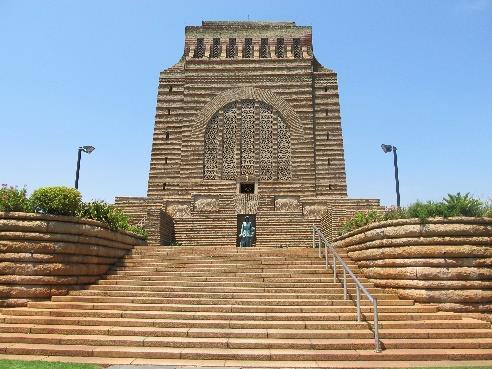
Afrikaans
The Afrikaans language exists nowhere else in the world –it has its roots in Dutch but morphed into its own creature through a mix of influences. These additions to the language come as a result of slave labour on Dutch farms in the Cape. The farmers and labourers could not understand one another and so
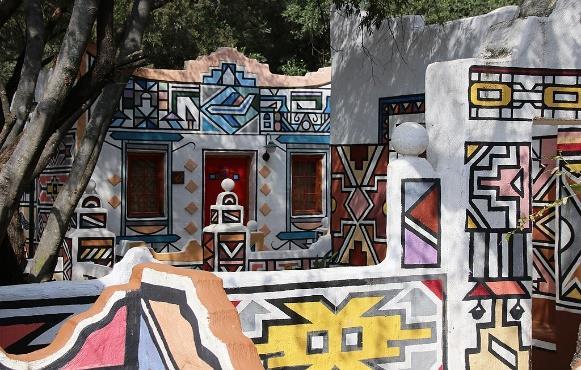
isiNdebele
The Ndebele people consist of colourful tribesmen who value their opulent appearance. Nowadays it’s less common, but Ndebele women have been known for wearing copper and brass rings around their necks and arms. They even craft beaded rings to place around their waists and legs. The number of

rings is equivalent to the amount of status a woman possesses in terms of her number of children and her husband’s assets. These rings are traditionally only removed after death.
Try: Hamba kahle = Have a good journey

Siswati
The SiSwati people are another royal lineage derived from the current Swazi house of Swaziland (a separate country to South Africa inside its borders). Members of this tribe attained their tribal name from King Mswati II, forming another one of the 11 languages.
Try: Inhlanhla lenhle! = Good luck!
Southern Sotho
The language of the Free State province, Southern Sotho people are separated from the Northern Sotho Try: Lebitso la hao ke mang? = What is your name?
Xitsonga
The Tsonga people have migrated in and out of South Africa for over 1000 years. They are mistakenly termed “Shangaan” but this name comes from a Zulu general who settled in their territory and made this tribe adopt his name. There are of course descendants of this particular tribe that are Shangaan but it is more accurate to separate the two.
Try: Ndzi huma e… = I am from…
Northern Sotho (Sepedi in the Constitution) A controversial addition to the list is Sepedi which is spoken by the Pedi people. This is owing to the fact that Sepedi is only one dialect of many under those spoken by the Northern Sotho tribes. The Pedi monarchy dates back to the 17th century in the Transvaal.
Try: Dumêlang = Hello, Good Morning, Good Afternoon
English
British settlers came to Africa, battling against the Dutch and African tribes they encountered for control of the region. The Cape colony was declared as an Englishspeaking settlement in 1822 and the language is now spoken widely across South Africa, for most as a second language, although a majority of schooling is conducted in English.

Elands River Lodge Machadodorp

Cozy modern finishes. Comfortable and convenient. Perfectly situated just off the N4 in Machadodorp –en-route to the Lowveld and Mozambique.
3 Janson Street Machadodorp Mpumalanga Tel: +27 (0)13 256 0718 riette@millys.co.za www.elandsriverlodge.co.za








